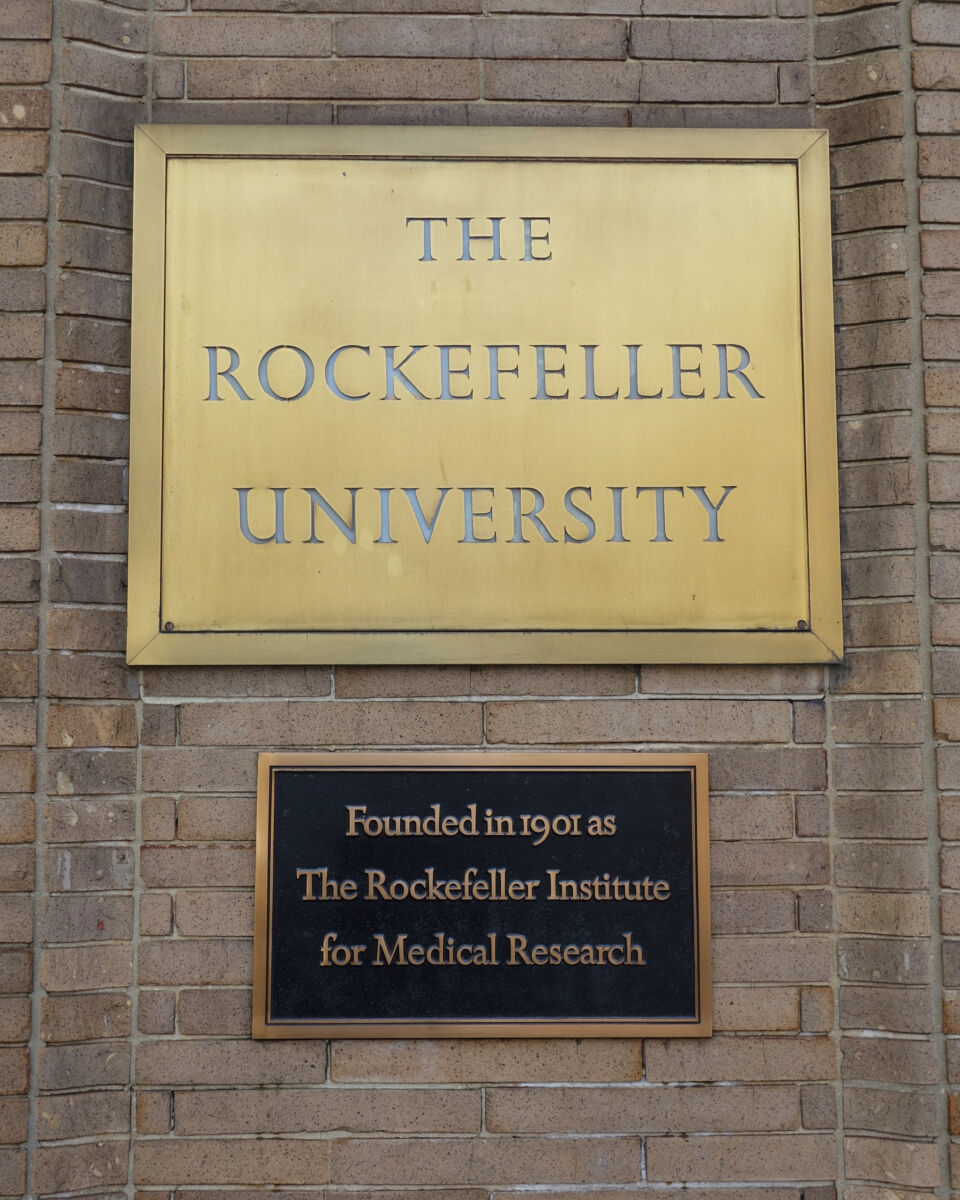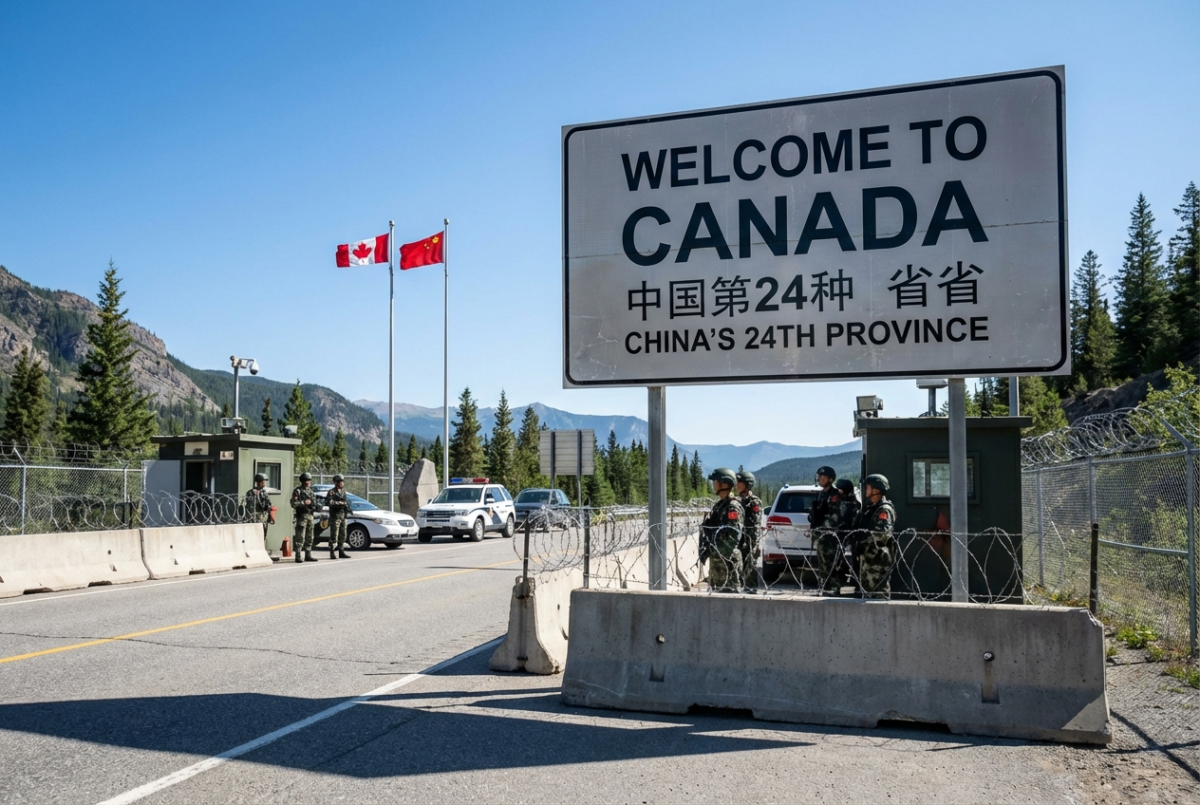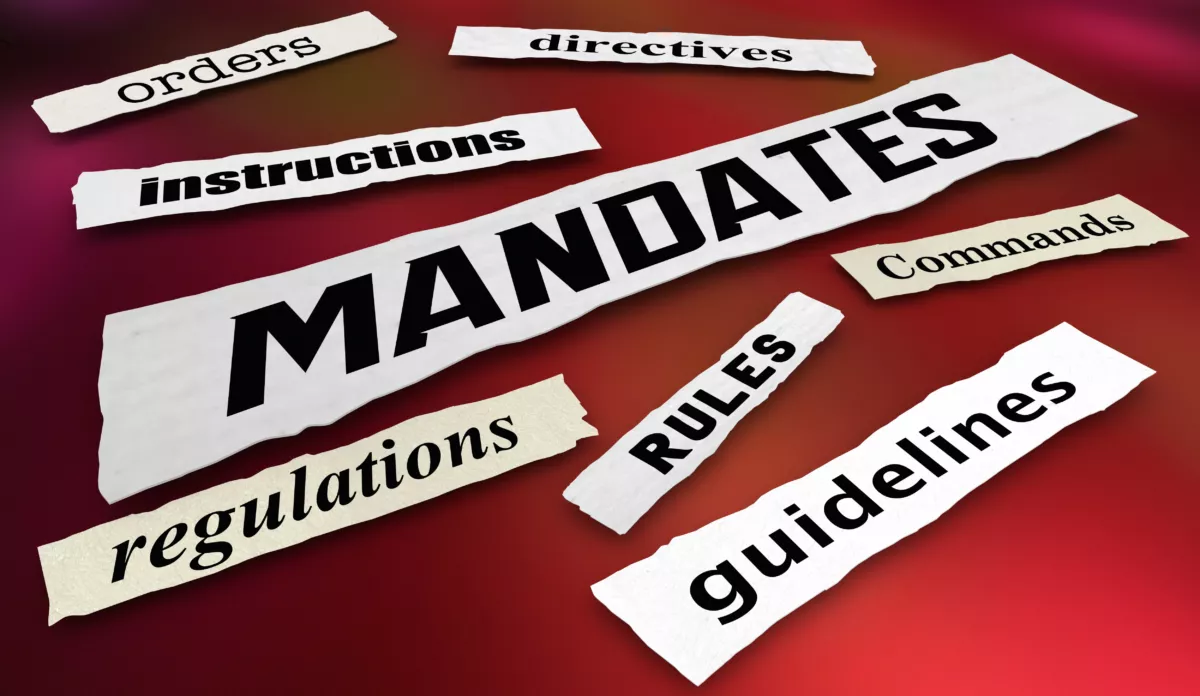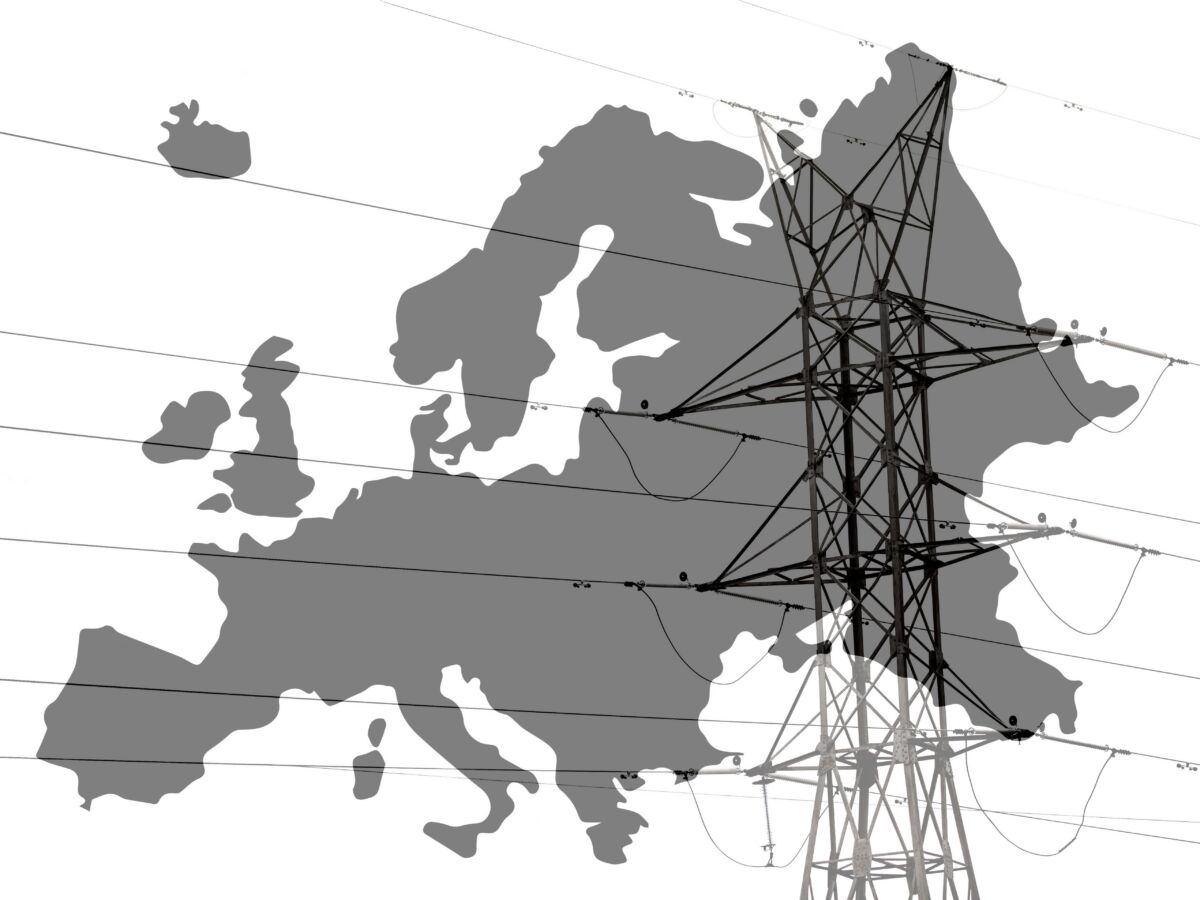The History and Decline of the Education System
By Gabriel Verveniotis | gabrielverveniotis.substack.com
Long ago, education was highly valued in the Western world. Our literary rates and academic accomplishments were, and still are, responsible for the modern world. The ancient Greeks created the Academy, Lyceum, and Library of Alexandria, renowned in antiquity. America, more specifically, was respected and emulated by the rest of the world for its high literacy and literary standards and the excellent turnout of great poets and scholars.
This was unprecedented for a young nation competing with more established civilizations, which had exceptional educational institutions hailing from the Middle Ages and even ancient times. This remained the case until John D. Rockefeller and his nefarious, eugenic-driven Foundation gained monopolistic control over international oil resources. For example, John D. founded Standard Oil in 1870 and became the most powerful company in the world.
In 1911, Standard Oil was finally declared a monopoly and trust-busted by maverick Theodore Roosevelt, and signed into law by President William Howard Taft under the Sherman Antitrust Act. As such, John D. Rockefeller and his friends JP Morgan and Jacob Schiff became some of the richest men on earth because of the profit and protection they gained by breaking Standard Oil up, hiding their enterprises as smaller and less noticeable front companies beholden to the same masters. Afterwards, these tycoons attached the reserve currency to what is now known as the petrodollar standard. Instead of gold, oil is used as a store of value to fix financial rates.
John D. Rockefeller laid the foundations for his heirs to gain control over the world’s financial system. As a result, Rockefeller, his heirs and the Foundation rightfully received criticism and challenges from the people who were being fleeced by unelected tycoons who carried in their pockets politicians, as if they were nickels and dimes. The investors, consultants, lobbyists and bankers finally took over. They began to influence both domestic and foreign policy; specifically, wars, transportation, medicine and education.
The intellectual tempo of society was set by wealthy elites who began to finance educational institutions, thereby making themselves exorbitantly wealthy and powerful. Rockefeller was forced to modify his image because the world knew him for what he was: a monopolist, greedy robber baron. So what did Rockefeller do? He turned himself into a philanthropist to redeem his reputation, sort of like Bill Gates, and what do you know, the Gates and Rockerfellers go way back, shocker.
John D. Rockefeller even gave nickels away to random children just to show what a fine gentleman he was, with expensive cameras trailing him to be sure. The question is, who was the one holding those cameras and publishing flattering papers? It was none other than Freud’s nephew, the “father of public relations,” Edward Bernays, who wrote the book on propaganda called Propaganda.
Bernays was instrumental in news networks and advertising firms using psychoanalytic techniques to elicit psychological responses that result in docile fools being duped. Under the guise of “philanthropic” motives and with the aid of spinmasters like Bernays, companies and Foundations such as Carnegie, Ford, Gates, and Rockefeller began to invest heavily in education as well as the healthcare system by offering grants, investments and charitable contributions.
Don’t lose touch with uncensored news! Join our mailing list today.
By donating vast sums of money and creating the Johns Hopkins Society, Trusts, and Foundations, the Rockefellers and their fellow oil oligarchs had complete access and control in shaping society and influencing the culture. Charlotte Iserbyt-Thomson, in her excellent work, The Deliberate Dumbing Down of America: a Chronological Paper Trail, explains that these “public institutions” were used to transform society from the ground up, changing everything as every would-be dictator is wont to do. In an 1840 census from the Department of State, America was considered a highly literate and educated society, far more advanced than even nations in Europe.
The US was a nation of readers with a 93-100% literacy rate. It was Noah Webster of dictionary fame who linguistically standardized the English language, which at that time was still being written phonetically. This is how high literacy and education were. In the mid-1830s, a French aristocrat named Alexis de Tocqueville was curious to investigate the American experiment and to compare and contrast the infant nation to its more mature intellectual predecessors back in Europe.
Tocqueville wrote an invaluable work in 1835 entitled: Democracy in America, wherein he personally and directly observed the kind of Americans that founded the nation; what their principles were, their values, religiosity, freedom and for our purposes, their aptitude, literacy and education. Tocqueville noted at the time that America had few prestigious artists and great scholars who were foremost among equals in Europe. Yet, by contrast, he was impressed to discover the average overall intelligence and literacy of the run-of-the-mill Americans.
In his work Democracy and America, the author writes:
“If he only singles out the learned, he will be astonished to find how rare they are; but if he counts the ignorant, the American people will appear to be the most enlightened community in the world … In New England, every citizen receives the elementary notions of human knowledge; he is moreover taught the doctrines and the evidence of his religion, the history of his country, and the leading features of its Constitution … In America, the instruction of the people powerfully contributes to the support of a democratic republic; and such must always be the case.”
Before the first compulsory schooling laws in Massachusetts in 1852, education was private and decentralized, and therefore classical subjects like Latin and Greek were widespread and well-taught, as well as history and science. Moreover, it was Massachusetts that received the most praise from Tocqueville for its high standards of education in his famous analysis. It is a fact that higher levels of education lead to a more informed citizenry, and if the system is democratic, then this may inspire people to take charge of their destiny, rather than being controlled. As such, for those who wish to dominate society (oil oligarchs, industrialists, bankers, arms developers), education poses a political threat.
The idea of a nation comprised of free individuals who could think for themselves was an anathema to the monopolists’ aims because the oil oligarchs needed passive, obedient workers and an entire class of people whose intellect was developed just enough to prepare their lives for a future of drudgery in a factory. John D. Rockefeller, realizing this, knew that he needed to protect his interests and decided to accost the education system by investing in education training, beginning with the University of Chicago.
The University of Chicago became the home of educational scientists like John Dewey, who founded the University of Chicago Laboratory School, where he tested his educational theories. Dewey had studied the factory-like industrialized method of education, which was being taught in Prussia (modern Germany) at the time. The Prussians invented the format of modern education and used conditioning and pre-behaviourist psychological techniques to standardize education and create a Borg-like uniform society.
Rockefeller was aided in this task of overhauling the education system for his convenience by employing Frederick Taylor Gates, who would go on to become Rockefeller’s most trusted philanthropic advisor and later become an educational secretary. Gates was responsible for creating both the American and Canadian education systems, and look how that is going.
This is also why the history of the American education system is relevant to Canada. The “fact-checker” USAID-funded shills at PolitiFact or Snopes tell us that there is no connection between Bill Gates and Frederick T. Gates, and as we know, the “fact-checkers” are always correct, especially when it comes to COVID-19.
Nonetheless, the Gates and Rockefellers are intertwined and were partners in several ventures. They both attended groups like Bilderberg, and the World Health Organization and participated in major UN causes (population control, eugenics and now environmentalism, see: Maurice Strong). Frederick T. Gates divulged his master plan as every supervillain must. As an aside, Gates had a large mustache, which we can be sure was twirled when he wrote:
“We shall not try to make these people or any of their children into philosophers or men of learning or science. We are not to raise from among them authors, orators, poets, or men of letters. We shall not search for embryo great artists, painters, or musicians. Nor will we cherish even the humbler ambition to raise from among them lawyers, doctors, preachers, politicians, statesmen, of whom we now have an ample supply.”
In closing, for those who find these assertions outlandish, here is contemporary data showing how much literacy and education have declined from the 19th century to today.
Data
Fact: 19% of Canadian adults aged 16–65 scored at Level 1 or below in literacy, indicating difficulties with basic reading tasks.
Fact: 48% of adults have literacy skills below Level 3, the minimum required to cope with everyday life and work demands.
Fact: 20% of adults scored at or below Level 1 in numeracy, affecting their ability to perform basic mathematical tasks.
Fact: In the 2023 PISA assessment, 18% of Canadian 15-year-olds scored below the benchmark for reading literacy, and 22% fell below the benchmark in mathematics.
Fact: Provincial assessments revealed that in Ontario, 27% of Grade 3 students did not meet provincial reading standards in 2023.
Sources
Bernays, E. L. (2024). Propaganda. Warbler Classics.
Iserbyt, C. T. (2012). The deliberate dumbing down of America: A chronological paper trail.
Conscience Press.
Tocqueville, A. de. (2019). Democracy in America. volume 1. SNOVA.
Corbett, J. rumble.com/v66u96j-how-and-why-big-oil-conquered-the-world-full-documentary.html
Toronto’s Gabriel Verveniotis is the author of The Origins of the Canadian Hick: A Sociological Study of Yargerism and The Sanguinaires, Or What I Hate Most About Everything. You can read more of his writings at gabrielverveniotis.substack.com











